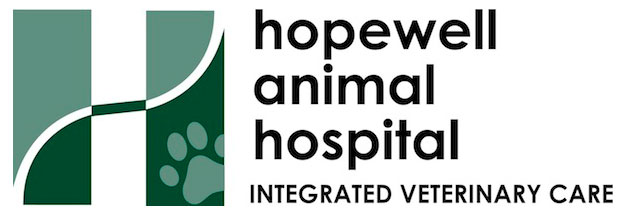
In this week’s blog post we will look at the wonderful world of the internet. The internet has become a vital part of everyone’s lives. We use it for entertainment, banking, business networking and, of course, looking up what is wrong with ourselves or our pets. Every day we hear someone start a conversation with “I found out on the internet…. and this is what is wrong with my pet”. Sometimes the information is correct, sometimes it is way off, and sometimes it is harmful. There are many untested and potentially harmful products on the internet , and the dangers can be as serious as being deadly to your pets. There is very little, if any, regulation on what someone can post online. Misinformation can be as innocuous as running unnecessary tests, or as dangerous as being life threatening.
So how do you find good information? There is plenty of really helpful information on the web, the trick is separating the good from the bad. The best method and the most important thing is to ask us first. Our staff of licensed technicians and doctors are here to answer your questions. Often, we have the information immediately, other times we may have to do a little research.
Of course, we all like to do research on the web to at least have some sense of what might be going on. The first step to finding good information is to look at reputable websites. Websites maintained by veterinary schools are generally reliable sites. If you are looking for food/treat/medicine recall information, check out the FDA’s website. There are also some very good general information sites, like “veterinary partner “(run by the Veterinary Information Network). At the end of this article there will be some links to sites that can be helpful and have information that is well thought out and as accurate as possible.
Currently, there is a lot of controversy concerning feeding your pets. Back in the day, pets were fed whatever was leftover from the table or what they could scrounge up. Then, in the early 1960’s, the first commercially produced pet foods started to hit the market. These foods were the single most important thing that led to an increase in the lifespan of pets.
The problem with pet foods now is that feeding your pet has become almost as contentious as religion. Do I get grain free, organic, raw, home cooked, kosher…. the list goes on. We will be posting more specifically about pet foods in coming blog posts. For now, realize that marketing is far more powerful than science when it comes to selling pet foods. Companies are more than happy to share random testimonials from people who have used their products and gotten great results, but was the food really related to the pet’s health?? Also, the employee at the supply store, while trying to be generally helpful, has not likely had the 8+ years of higher education that we have had to be informative. Our suggestion is to inform yourself, but to realize that we are a resource, more informed and less biased than the companies trying to sell you these products.
Certainly we can’t know all the answers, but we will give you informed opinions and reasons for them.
We will focus more specifically on foods and feeding choices in the near future. For now, it is easy to see that the internet is full of some wonderful things but also some very scary things. Below is a list of links that may be helpful, this list is not by any means exhaustive but it is a good start.
With a little healthy skepticism, you can separate the wheat from the chaff. Happy searching!!!!
Check our website for links to reliable & informative sites as we find them.
For research for medical journal articles
For human and veterinary recalls of food and medications
For general veterinary information
For information on traditional Chinese medicine
